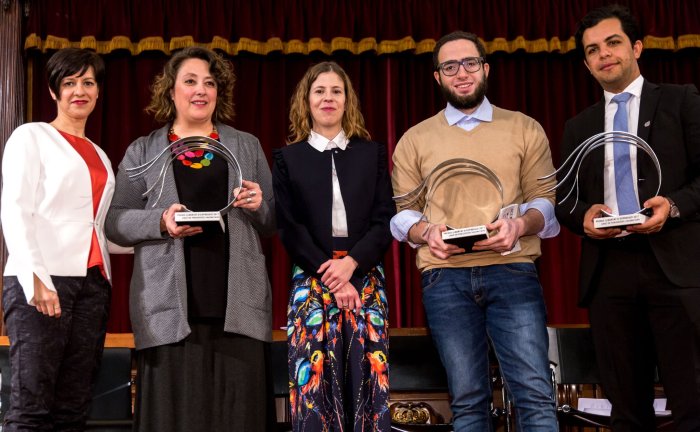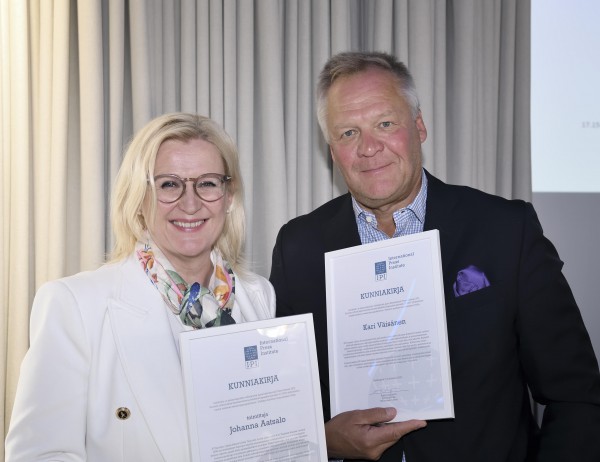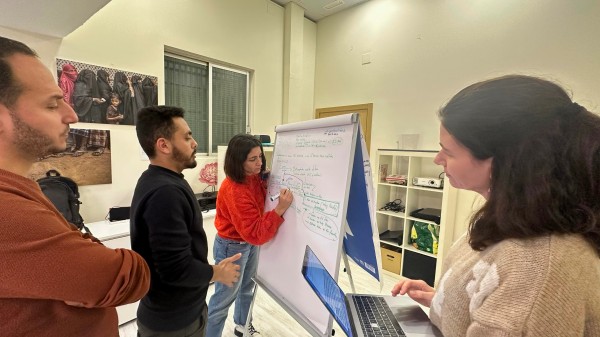The International Press Institute (IPI) today congratulated the Spanish Platform for the Defence of Freedom of Expression (PDLI, according to its Spanish acronym) on receiving the Association of Valencian Journalists’ 2017 Freedom of Expression Award.
“IPI is extremely pleased that PDLI has been recognised for its efforts bringing Spanish civil society together to protect media freedom and free expression,” IPI Director of Advocacy and Communications Steven M. Ellis said. “From its fight against efforts to curb protests and the sharing of information, to its work highlighting and combatting restrictive laws and norms, the group is playing an extremely important role in Spain today.”
PDLI is a diverse group of journalists, lawyers, academics, activists and consumer advocates founded in December 2014 to fill a gap in advocacy and monitoring efforts in Spain on media freedom and free expression. The group’s president – Virginia Pérez Alonso, deputy editor-in-chief of Spanish news website Público and a member of IPI’s Executive Board – collected PDLI’s award yesterday at a ceremony in Valencia on World Press Freedom Day.
During the ceremony, the Association also recognised the plight of Egyptian journalists who have suffered grave persecution in the wake of the 2013 coup that ousted the Muslim Brotherhood-backed government of then-President Mohamed Morsi and brought President Abdel Fattah el-Sisi to power.
Referencing their plight and the situation facing journalists in Turkey, where some 150 journalists and media workers are currently behind bars, Pérez Alonso told attendees yesterday that it might be tempting to think that the real threats to press freedom come in other countries, not in Spain.
But, she said, the absence of journalists in Spanish prisons was not for a lack trying by the government and she noted an increasing willingness by officials to seek prison for those who use jokes or satire, and those who share such content on social media. She also criticised increased government pressure on journalists in terms of requests for identification by security services, fines and sanctions under security legislation, and the threat of possible charges under anti-terrorism law.
Connecting those threats to a string of developments in recent years setting back individual freedoms in Spain, Pérez Alonso said the potential short-term effect was self-censorship, but the long-term risks included an erosion in fundamental rights and a decline in democracy.
“For this reason, the defence of [the right to share and receive information] cannot be restricted to a platform like the one I preside over or to civil society groups: it must be the struggle of everyone in favour of a healthy and democratic coexistence, far from sectarianism and with fundamental rights as an axis,” she concluded. “It is the rights of all that is at stake.”



